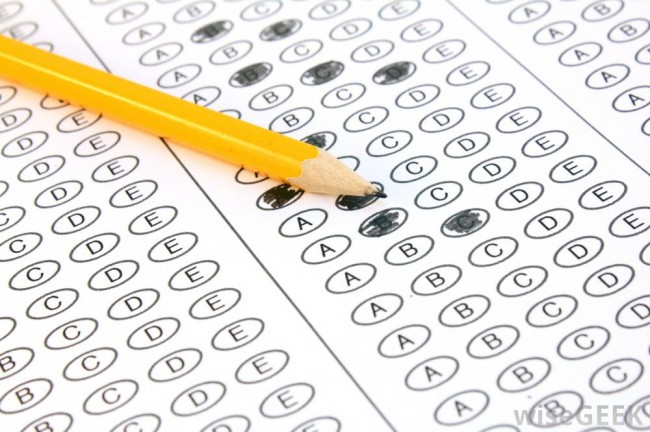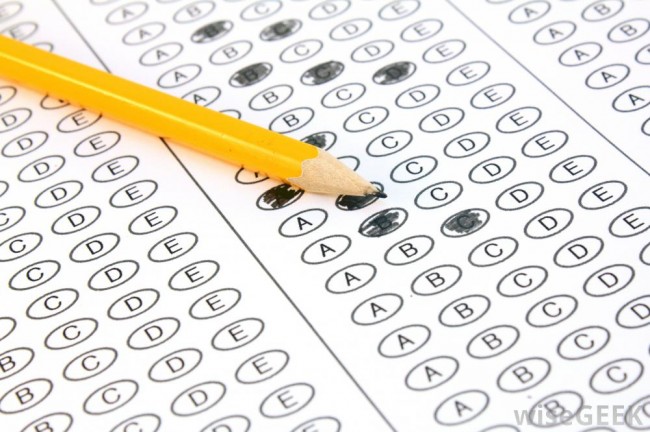*BY ANNU VERMA
If you’re like me, a senior in high school, or even just any high school student, then you can understand the struggle and stress that comes around every year, especially in May. And if you’re like my parents, who have children in high school, you can understand the struggle and stress that comes around every year to make sure your kids do well so they can get into a “good college” (as my parents put it). But how worthwhile is all that struggle and stress? How much do standardized test scores really show a student’s capabilities?
Colleges, for the most part, earn their rankings based on the number of people that graduate from that college with a job in their respected majors. Standardized tests are created to test a student’s current knowledge and use his or her scores to predict how well a student will do once he or she graduates from college. Just from reading these two sentences it’s clear to see how those things don’t correlate.
Most students take the SAT/ACT in their junior or senior year of high school, when they are usually between the ages of 15-18. When coming out of undergraduate school, most people tend to be around the age of 22. A person learns and matures a lot throughout the rest of his or her high school and college experience. Additionally, a student’s college experience can be completely different than his or her high school experience. A student with a 4.0 average GPA in high school may not do as well in college. A student who maybe did not do as well in high school may do exceptionally well in college. A student’s education is dependent on the student’s motivation to learn and do well and that can change any time throughout a student’s education.
Test scores merely quantifiably measure a student’s academic performance at the time of the exam. Colleges use test scores to predict a student’s performance in and after graduating from college. Test scores cannot provide an accurate description of the person’s capabilities.
However, while test scores may not be completely accurate, they do provide a way for colleges to predict which students seem to be promising and dedicated. They shouldn’t be the sole aspect in an application process, but they do provide some help to recruiting colleges. The problem arises when there is an unbelievable amount of emphasis placed on getting the highest score.
Time Inc. reported the lowest average SAT scores this year and wrote that “Less than half (42%) of the most recent test takers proved themselves “college and career ready” by attaining a score of 1550 or above.” If standardized tests are used to measure a student’s capabilities, then what really is the difference between a 1600 and a 2000 if both scores show that the student is prepared for college? This year recorded the lowest SAT average scores, but that doesn’t mean these students are not prepared or will not do well in college. Instead of focusing on trying to prepare teenagers for the real world, the emphasis is placed on getting the highest scores.
Standardized tests have increased competition among students across the nation. We aren’t trying to get into college to get a better education, we’re trying to get better scores than the next kid. Standardized tests aren’t completely horrible, but they certainly don’t help ease the confusion and frustration every teenager and the parent of a teenager faces nowadays.
*Annu Verma is a senior at South Forsyth High School.






